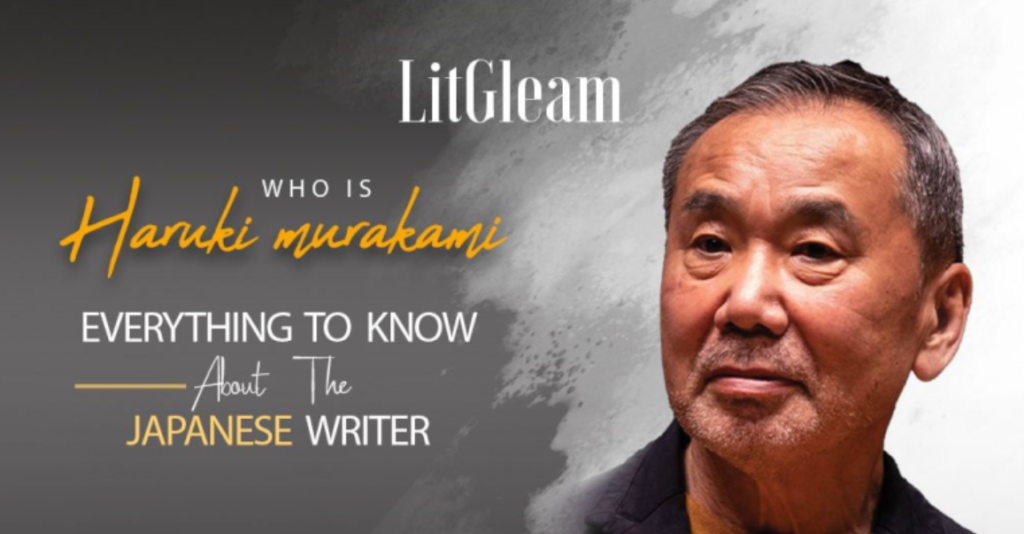
Lesson 34 Artists and Writers
Topic Question: “Could you introduce me to a famous Japanese artist or writer and their work?”
▮ Try Answering the Question Yourself
Consider iconic figures in Japanese art or literature, focusing on an individual whose work has made a significant impact either historically or in contemporary times.
▮ Sample Answer
“A famous Japanese writer is Haruki Murakami. He is known for mixing everyday life with magical stories. His important book, ‘Norwegian Wood,’ talks about themes of love, loss, and looking back, set in 1960s Tokyo.”
▮ Words to Learn and Their Meanings about Sample Answer
-Pronounce the Words Correctly (Pronunciation Training) + Make Sentences Using the Words Instantly
- Writer (作家): Someone who writes books, stories, or articles as their job.
- Everyday life (日常生活): Normal, daily activities or experiences.
- Magical stories (魔法の話): Stories that include elements of magic or fantasy.
- Important (重要な): Having great significance or value.
- Talks about (話す): To discuss or describe a topic.
▮ Answer the Instructor’s Questions Based on the Sample Answer
- Who is Haruki Murakami?
- What is a key feature of Murakami’s writing style?
- What is ‘Norwegian Wood’ about?
▮ Mastering Middle School English Grammar
I have to…

● I’ll be late for work tomorrow. I have to go to the dentist.
● Jane starts work at 7:00, so she has to get up at 6:00
● You have to pass a test before you can get a driver’s license.
The past ( yesterday I last week, etc.) is had to… :
● I was late for work yesterday. I had to go to the dentist.
● We had to walk home last night. There were no buses.
In questions and negatives we use do/ does (present) and did (past):
● What time do you have to go to the dentist tomorrow?
● Does Jane have to work on Saturdays?
I don’t have to (do something) = it is not necessary to do it:
● I’m not working tomorrow, so I don’t have to get up early.
● Mike doesn’t have to work very hard. He’s got an easy job.
Example Sentences:
- To understand modern Japanese literature, you have to read Murakami’s works. (Expressing a necessity for comprehension.)
- Did you have to wait long to get ‘Norwegian Wood’? (Asking about a necessity in the past.)
- I don’t have to finish ‘Norwegian Wood’ in one sitting, but it’s hard to put down. (Stating a lack of necessity with a personal observation.)
- Does anyone have to be familiar with 1960s Tokyo to enjoy ‘Norwegian Wood’? (Questioning a necessity for enjoyment.)
Make Sentences Based on the Above Example Sentences Yourself:







